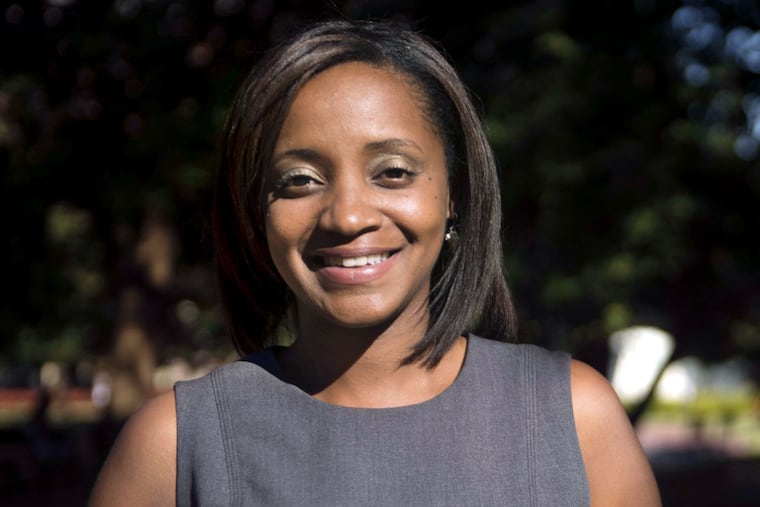Why don’t more people of color receive end-of-life care?
People from historically underserved communities don’t just rarely utilize medical aid in dying; they also are less likely to utilize hospice and other palliative care options.

Since New Jersey’s “Medical Aid in Dying for the Terminally Ill Act” took effect three years ago, not one Black, Hispanic, Native Hawaiian, Pacific Islander, or Native American state resident has used the law to gently end their suffering.
The question is: Why?
According to state Health Department reports, 89 of the 95 New Jerseyans who have used the law were white (94%), four were Asian, and two were of an unspecified single race. This racial disparity is similar to what’s seen in annual reports in eight of the 10 other jurisdictions that authorize medical aid in dying.
» READ MORE: Just 33 used New Jersey’s medical-aid-in-dying law last year. Pandemic health access could be one reason.
As to why white people are more likely to use this option, some suggest it is because white people mostly are the ones who want it. But that is not true.
A recent national survey showed that 62% of Black voters, 70% of Hispanic/Latino voters, and 65% of voters from all other ethnic groups surveyed would want the option of medical aid in dying if they became terminally ill, compared with 67% of white voters.
Reducing New Jersey’s 15-day waiting period, or waiving it when necessary, would improve access to medical aid in dying statewide. Other states such as California, New Mexico, and Oregon have reduced their waiting period; Oregon also waived its residency requirement. New Jersey should also authorize the state’s share of Medicaid to pay for medical aid in dying, as California, Hawai’i, and Oregon do. After all, New Jersey’s Medicaid program covers hospice care; it also should cover the end-of-life care that patients want, including medical aid in dying.
But these revisions alone would not be enough to reduce the racial gap.
Everyone deserves equal access to all types of end-of-life care.
The reality is people from historically underserved communities don’t just rarely utilize medical aid in dying; they also are less likely to utilize hospice and other palliative care options.
As anyone whose loved one has entered hospice can tell you, it is an invaluable resource, which gives peace and comfort to the dying person, as well as to loved ones.
There are likely a variety of reasons why people of color are not getting this care at the end of their lives. They may tend to prefer aggressive treatments, and may not be offered palliative options, due to institutional racism, cultural and language barriers, lack of access, and economic and insurance hurdles. These facts have been documented by researchers, who found that people of color with end-stage kidney disease were less likely to receive referrals for palliative care than white patients. Other reasons may include mistrust of the health-care system, lack of in-home resources, influences of cultural and religious beliefs, lack of knowledge about available services, and misconceptions about hospice and palliative care.
Indeed, the racial disparities in use of hospice and end-of-life care are consistent with a broad range of racial disparities in the use of health care, as well as health outcomes.
» READ MORE: My mother didn’t get the death she wanted. Pennsylvania can change that for others. | Opinion
Everyone deserves equal access to all types of end-of-life care. So how do we make that happen?
It will take time, cultural and religious sensitivity (e.g., understanding the importance and impact of faith, spirituality, and culture on end-of-life care decisions in communities of color), and trusted voices to empower and inform diverse communities about the quality-of-life benefits of hospice and palliative care.
Health-care professionals should initiate conversations with all of their patients, no matter their background, about the importance of discussing their end-of-life care options with their doctors and loved ones, documenting their preferences in writing by completing an advance directive, and appointing a health-care proxy to carry them out if they are unable to speak for themselves. This information can be a source of enormous comfort for terminally ill patients and their loved ones.
Just as we fight for everyone to have equal access to what options people want in life, so too should we fight for equal access to options they want when it comes to death.
Brandi Alexander is the national director of community engagement for Compassion & Choices, where she leads outreach to African American, Latino, faith, and LGBTQ communities.